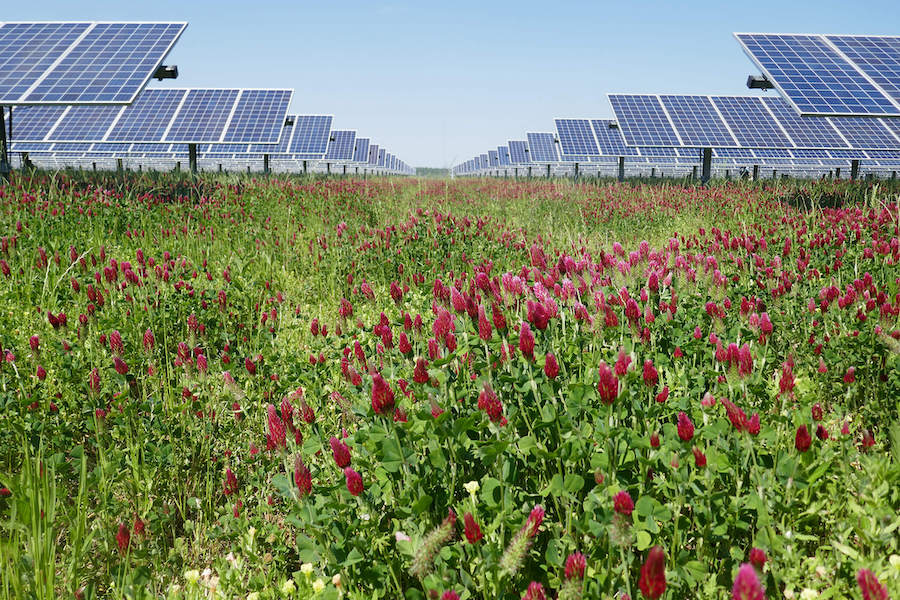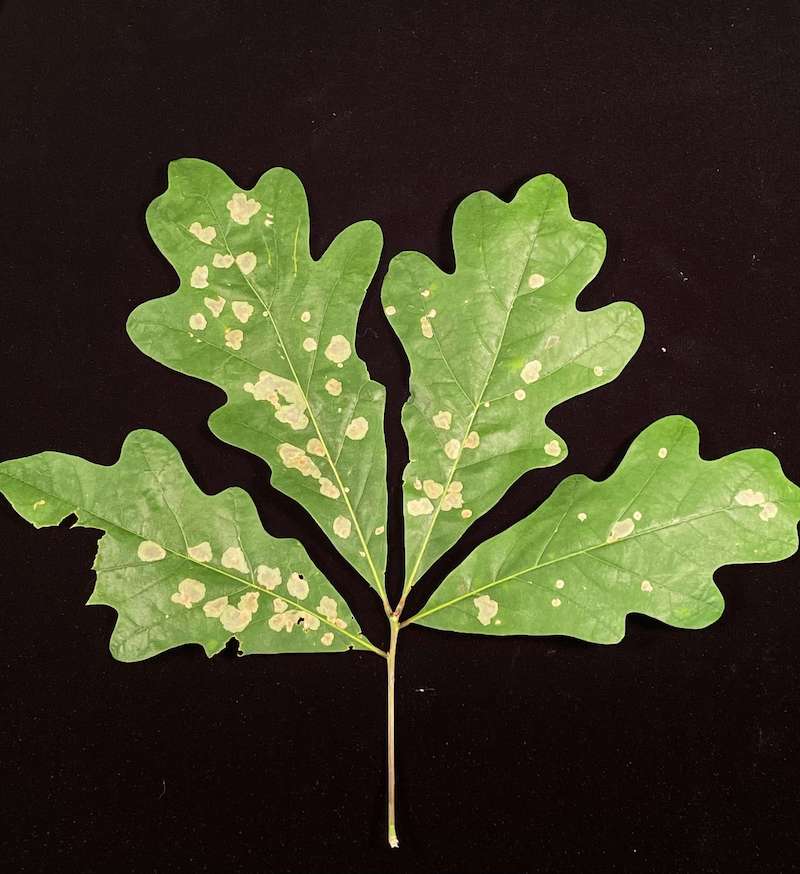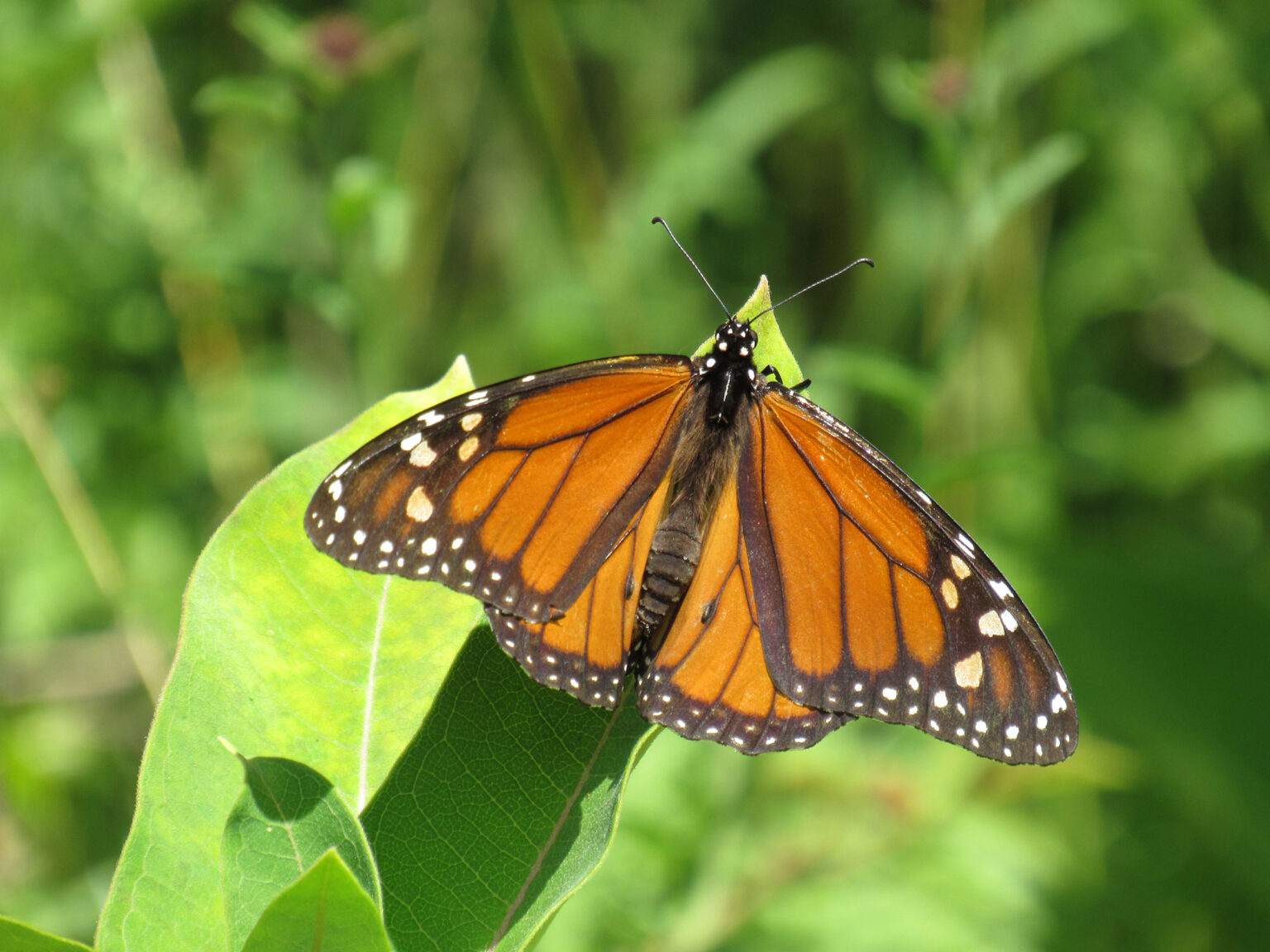.jpg) CAES News
CAES News
Midville Field Day
The University of Georgia Southeast Research and Education Center will host its annual field day from 9 a.m. to 3 p.m. Wednesday, Aug. 10. The annual event is an open house tour of current research projects taking place at the center where College of Agricultural and Environmental Sciences faculty will highlight the work they are doing in cotton, peanuts, soybeans, corn, small grains and cover crops.

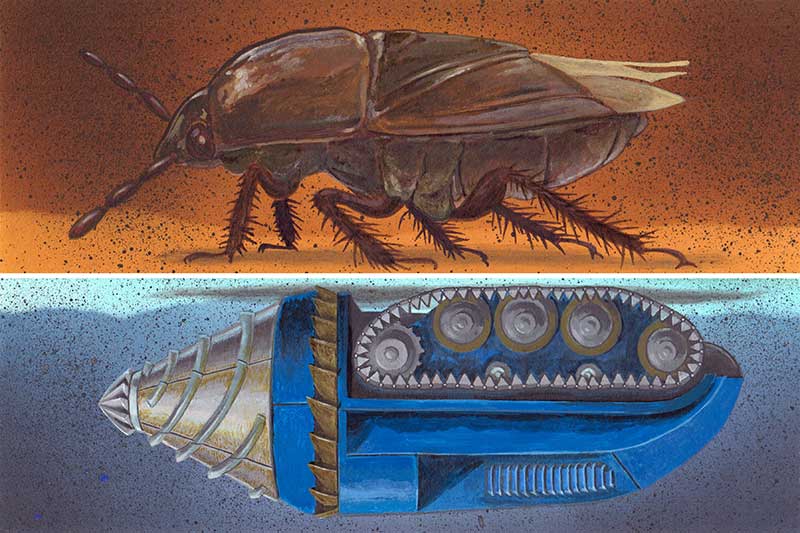
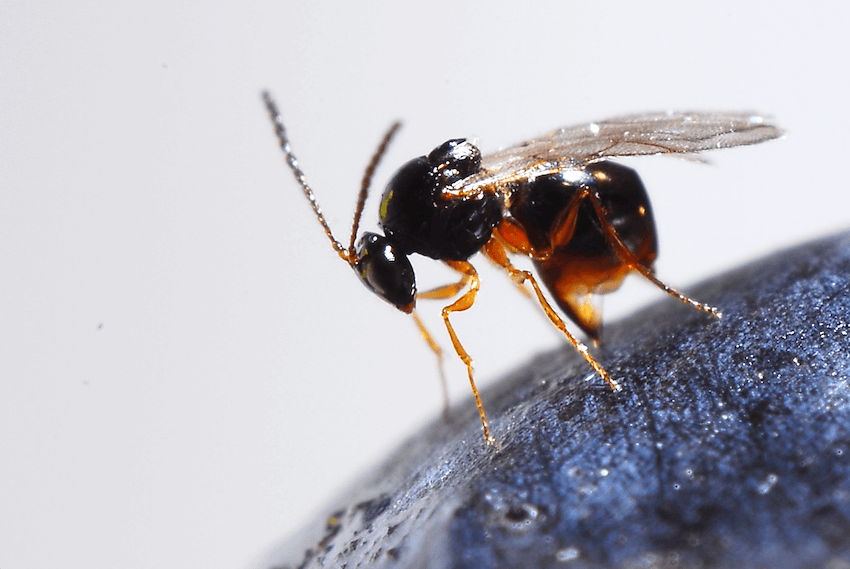
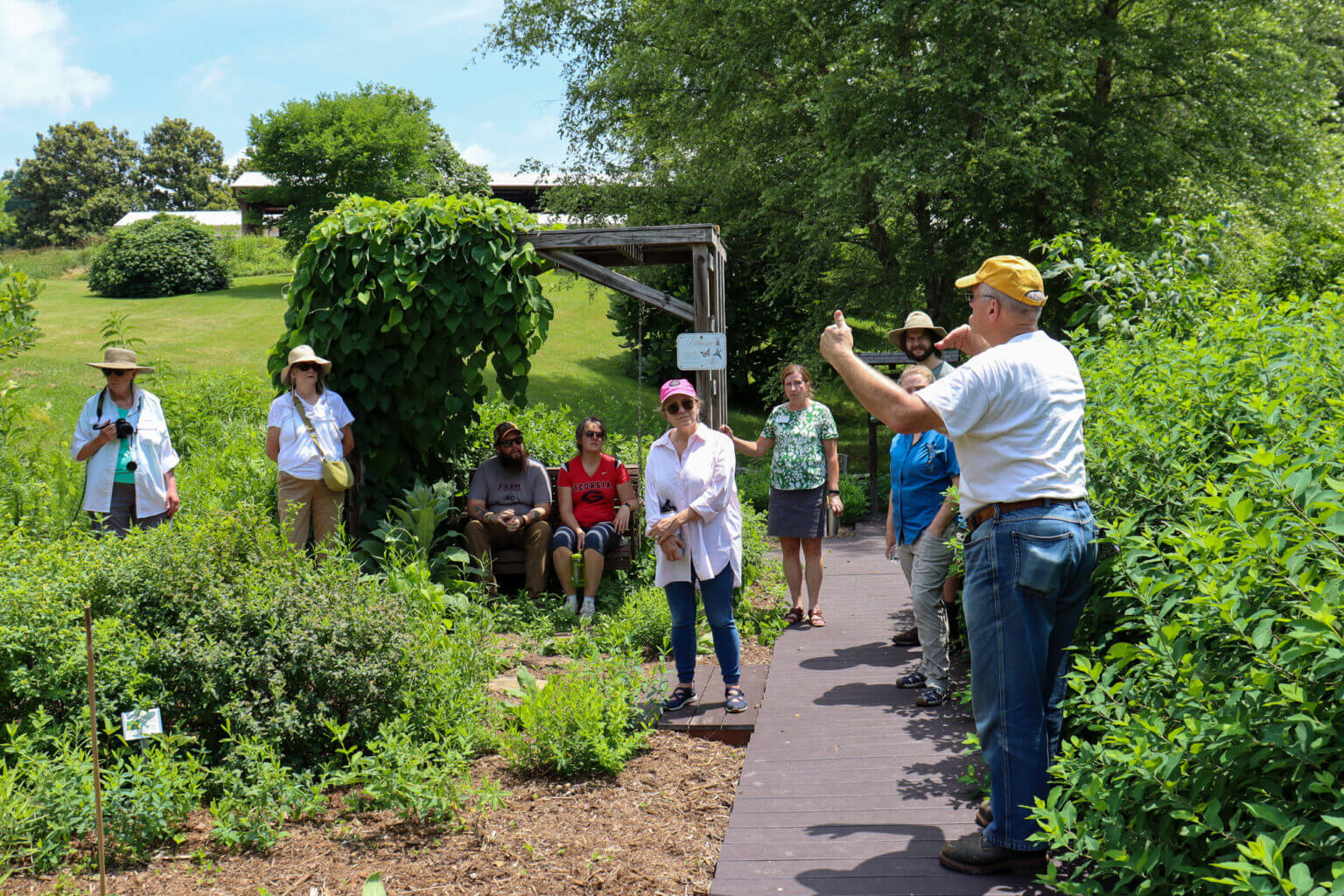
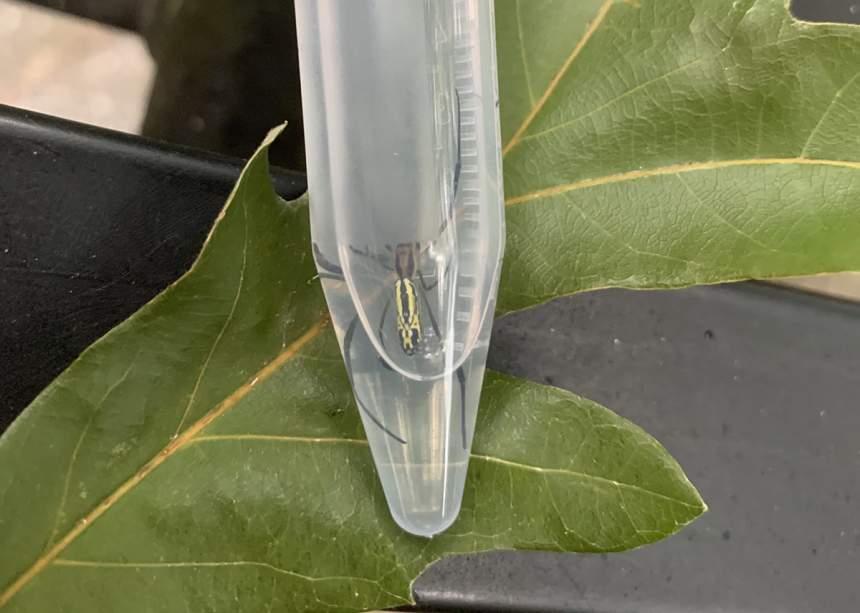
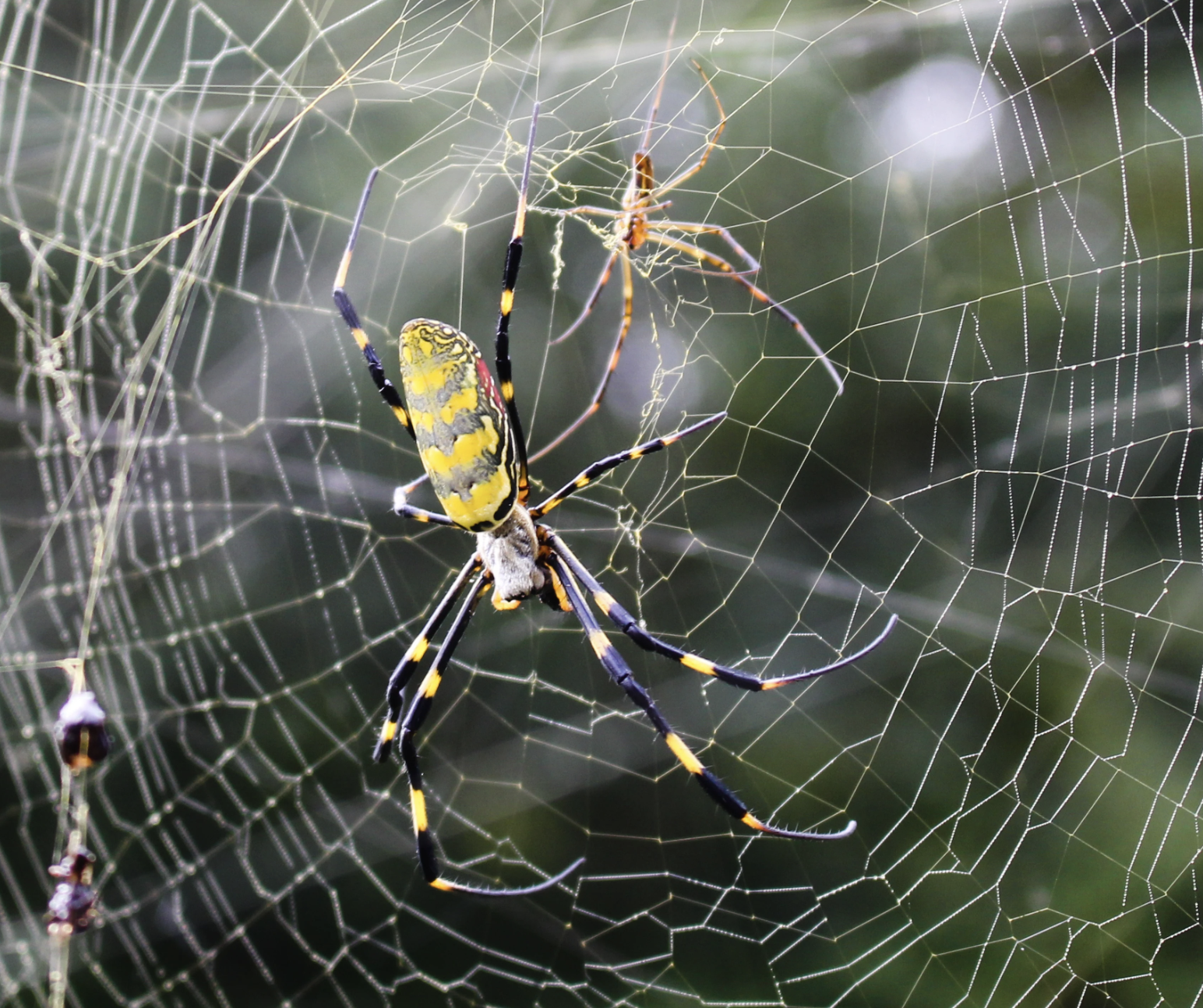
-(1).jpg)
